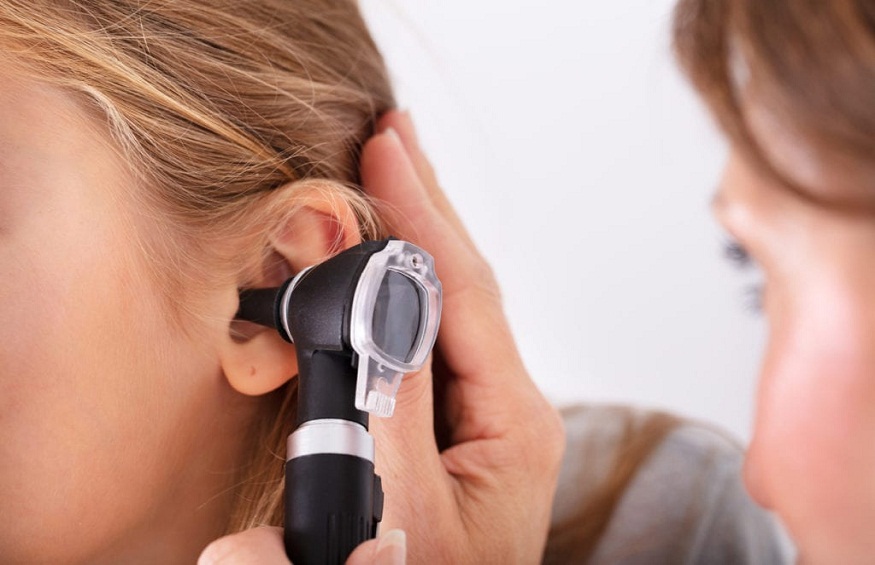Imagine walking on a tightrope. You’re high above the ground, with no safety net beneath you. Suddenly, the world tilts. It’s disorienting, confusing, scary. This is what life feels like for people suffering from balance disorders. I’m here to pull back the curtain on this often misunderstood condition. I’ll dive into how otolaryngologists – those ear, nose, and throat specialists we often turn to for our west midtown nasal breathing disorders – diagnose and treat balance disorders. Get ready to gain a new perspective on this delicate system that keeps us steady and upright. Let’s start this journey together, one step at a time.
The Mystery of Balance Disorders
Balance is a complex act. It’s like a ballet performance – a perfect alignment of multiple systems. When something goes off-kilter – a problem in the inner ear, a disruption in vision, or a malfunction in the sensory nerves – balance disorders can arise. They can make you feel dizzy, unsteady, or like you’re spinning. It’s not just a physical struggle. It’s an emotional battle too.
Diagnosing Balance Disorders
So how do otolaryngologists diagnose balance disorders? It’s a bit like playing a detective. They start with a complete medical history and a physical exam. Sometimes, they may also use tests like the Videonystagmography (VNG) – a test that measures involuntary eye movements – or the Rotary Chair Test – a test that evaluates the eye and ear’s reactions. These tests help pinpoint the cause of the balance disorder and guide the treatment plan.
Treating Balance Disorders
Treatment for balance disorders usually targets the underlying cause. If it’s an issue with the inner ear, medications, or even surgery may be needed. But often, the most effective treatment is a type of physical therapy called vestibular rehabilitation. It’s a series of exercises designed to retrain the brain to recognize and process signals from the vestibular system and coordinate them with information from the eyes, muscles, and joints.
The Role of the Otolaryngologist
Otolaryngologists are the unsung heroes in the fight against balance disorders. They’re the detectives who crack the case, the guides who navigate the tricky terrain of treatment options. They’re the ones who help us get back on our feet when our world is spinning out of control.
So if you’re struggling with a balance disorder and feeling like you’re walking on a tightrope, remember – you’re not alone. There are experts who can help. And just like mastering a tightrope walk, regaining your balance may take time and patience. But every step forward is a step towards getting back to steady ground.





